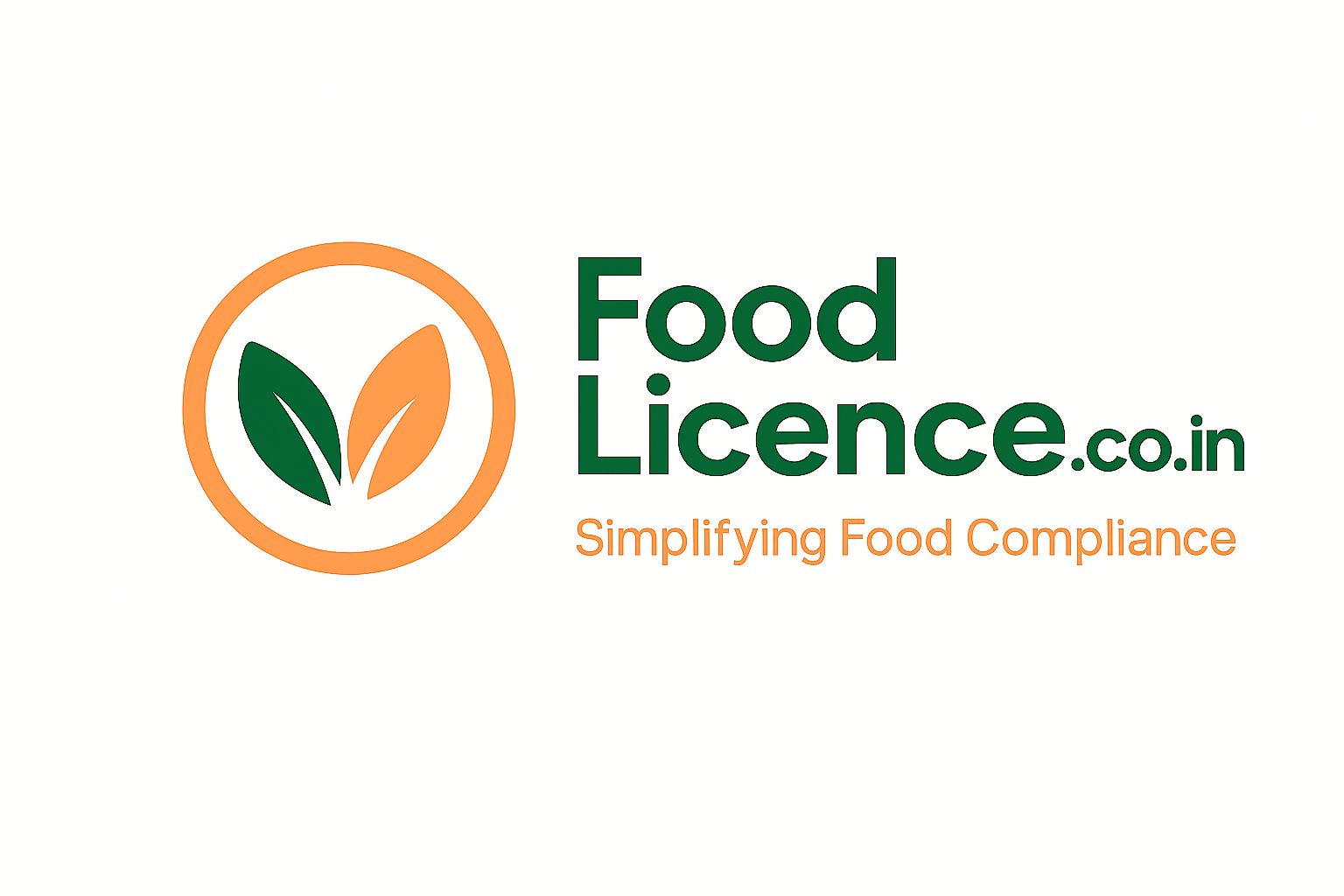
In 2006, the Food Safety and Standards Act established the FSSAI to govern food safety and regulation across the country. The FSSAI is responsible for the protection and promotion of public health by creating and coming up with specific regulations and supervision of food safety. Although this is an autonomous body, it does have ties with the Central and State Governments, since it carries out procedures across the country, with permissions for every state.
The FSSAI is lead by a non-executive Chairperson, appointed by the Central Government, who held the position of Government of India Secretary at some point in time. It has branches across the country, with its headquarters in the Capital at New Delhi. There are six regional offices in Delhi, Guwahati, Mumbai, Kolkata, Cochin, and Chennai. They also have 14 FSSAI notified referral laboratories, 72 State or Union Territory laboratories located all over India and 112, NABL accredited private laboratories, notified by FSSAI.
Food licences are a mandatory requirement for all companies or businesses who are looking to handle any work relating to the making, distribution, packaging or anything related to food throughout the country. However, various establishments, depending on the exact work that they are handling and the scale that they are looking at have varying registration rules.
While there are three types of registrations, the first two involve an annual turn over under 20 crores. While those are the turnovers needed to complete the registrations, they can be handled by the FSSAI office, in the state. However, if they are above 20 crores, especially for establishments that have more than one branch, spread across the country, they have to handle their registrations through the National Office.
Since this is not just the case for companies working with the food directly, and even the transportation of food, transporters with a certain number of trucks working with food establishments have to apply for a licence. Additionally, these rules also apply for places storing food or supplies like milk etc. They even have specific rules to be adhered to, concerning the place they receive their water from, if it's going to be used for any of the items.
The FSSAI has a couple of tasks that they are supposed to perform across the country, and these are:
They review all the documentation provided by the establishment as well, making sure that the business has been registered properly and legally. They have to make sure that there aren’t any discrepancies between the owner’s documentation and that of the company.